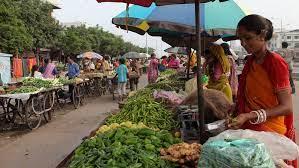
Street vendors: Policy support to aid the recovery of the heart of India’s retail market
- By Chandana Yadav K -- Copy Editor Ranjini Rao HS
- February 28, 2022
Street vendors, PM Svanidhi, Covid, policy support
As per government estimates, street-vending accounts for 14 percent of the total urban informal employment, and there are around 10 million street vendors in India.1 Most of them are informally skilled with low incomes. These necessity-entrepreneurs travel from rural to urban areas searching for economic opportunities. Thus, street vendors are an integral part of India's retail market.
The Covid-induced lockdown hit the vending business severely, leaving the vendors with little social and financial security. Consequently, the Ministry of Urban Affairs, Government of India, launched PM SVANIDHI (Prime minister’s street vendors atmanirbhar Nidhi) to support street vendors and rekindle their businesses.
Street vendors – Background
A street vendor is a person who offers goods or services for sale to the public with a temporary static structure or mobile stall (or headload)2. They provide a wide array of goods and services at affordable prices and are accessible conveniently at the doorstep, reducing everyday transaction costs and time. This mutual dependence of street vendors and the lower-middle-income strata has created an autonomous demand-and-supply fit.
Despite this demand, the uncertainty in vending business is high due to poor infrastructure facilities at vending zones, confiscation of vendor’s merchandise by authorities, non-availability of formal lines of credit, inadequate social protection, illegal hafta collection rackets, long working hours and lower income, low dignity of work and many more. Hence, street vendors started organizing themselves to fight for their rights and livelihoods to deal with these challenges.
Organization and fighting for livelihood
Street vendors have organized themselves into trade unions, worker associations, and federations to fight for their rights and voice their issues. In Karnataka, the Self-Employed Vendors Association of Karnataka (SEVAK) often represents the problems of street vendors. In 1998, the National Alliance of Street Vendors in India (NASVI) formed a trade union and vendors’ association. NASVI played a significant role in enacting the Street Vendors (Protection of Livelihood and Regulation of Street Vending) Act 20143.
Covid-19 and aftermath
Covid-19 induced lockdowns severely affected the livelihoods of street vendors.Lack of economies of scale in micro-business of these vendors leaves no buffer to sustain uncertainties. Consequently, the Ministry of Urban affairs Government of India launched PM SVANIDHI (Prime minister’s street vendors atmanirbhar Nidhi) to help street vendors sail through this pandemic.
Support to Urban Street Vendors (SUSV), a component under DAY-NULM4, being implemented by MoHUA, addresses the livelihood issues of urban street vendors. It aims to facilitate access to street vending zones with facilities like waste management, hygienic condition, cleanliness, and systematic pedestrian pavement
PM SVANIDHI - Prime minister’s street vendors atmanirbhar Nidhi5
This central scheme is fully funded by the Ministry of Housing and Urban Affairs. Its objectives include facilitating working capital loans up to Rs 10,000 with a 7% interest subsidy; Rewarding digital transactions through cashback amounts of Rs 50-100. The Svanidhi se samrudhi component of the scheme aims to provide social security cushion to street vendors and their families. Through Svanidhi se samrudhi, eligible beneficiaries of the vendor’s family members are linked to other central sector schemes for pension, insurance, PDS, etc.
The scheme helps identify and record street vendors at the block level. Marketing assistance is also provided by connecting them to platform food aggregators Zomato and swiggy.
Dharwad district- PM Svanidhi implementation6
Dharwad district in Karnataka is one of the top districts to implement the scheme effectively. A working committee was set up under the chairmanship of the Deputy Commissioner for an effective implementation scheme. On average, loan sanction rates are at 70% and disbursement rates at 90%. As discussed below, the district's implementation rates and challenges vary from one block to another.
Implementation challenges
Mobilizing the street vendors is challenging since they work throughout the week and cannot bear a loss of revenue: In Hubballi, Durgad bail vending area, many vendors shared that visiting Banks and Corporation offices to avail scheme benefits might cost them more than their day's income of Rs 10,000, the same as the loan amount.
Unavailability of basic infrastructure such as Common Service Centers internet is a challenge in interior taluks. Similarly, many vendors could not maintain documents crucial for loan applications. Documentation errors and false records led to the rejection of 3000-plus applications.
Banks were apprehensive about timely repayment and misuse of the credit for other purposes. Often, non-vendors availed benefits with false documents. This delayed the sanctioning of loans.
Consequently, setting up marketplace registration kiosks, Loan melas, Svanidhi se samrudhi camps, awareness sessions on digital payments, FSSAI7 norms, socio-economic profiling of vendors, etc., helped overcome implementation challenges.
Convergence
The social security net is a vital buffer for the urban poor. HDMC8, through Svanidhi se samrudhi camps, mapped the socio-economic profile of the PM Svanidhi beneficiaries and their families, assessed their eligibility for various central welfare schemes, and facilitated linkages to relevant schemes. Later, monthly convergence camps were organized. Eligible street vendor families under six central sector schemes like public distribution system, Pradhan Mantri Vaya Vandana Yojana, Pradhan Mantri matritva Vandana Yojana, Labour cards were registered, resulting in holistic support to street vendors and their families.

Svanidhi se samrudhi camp, Hubballi
Capacity building
Realizing the need for increased trust-building and training, HDMC coordinated with the District skill mission, Dharwad, and organized workshops on Capacity building, Food safety training and Digital literacy camps that instilled relevant skills and confidence in street vendors.

Author, interacting with Street vending committee members
Street vendors are an integral part of urban culture, and PM Svanidhi’s data-driven approach will aid better policy-making and implementation. Empowering them through such support and public patronage can generate significant employment, formalize street vending and add value to the urban economy.
References:
-
1. https://indianexpress.com/article/explained/street-vendor-act-pm-svanidhi-scheme-explained-6911120/
-
4. Deen Dayal Udadhyaya Antyodaya Yojana – National Urban Livelihood mission
-
6. District Skill development office, Dharwad
-
7. Food safety and security authority of India
-
8. Hubballi Dharwad Muncipal corporation


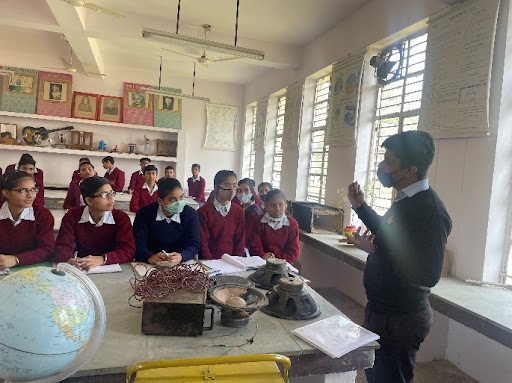
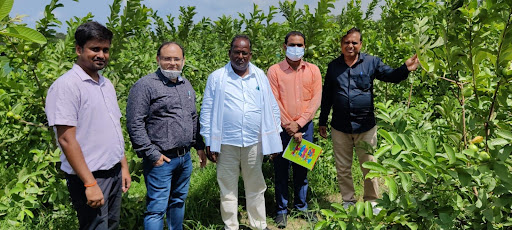

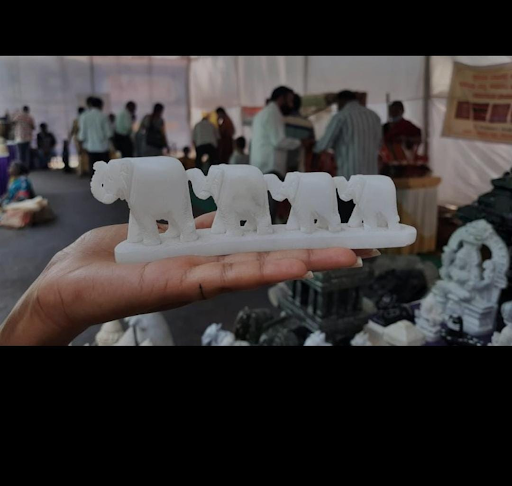
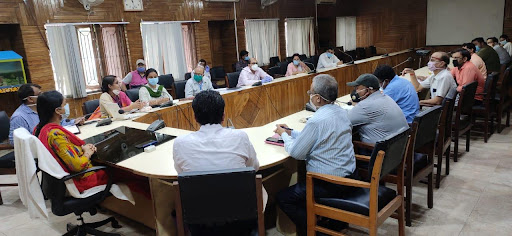

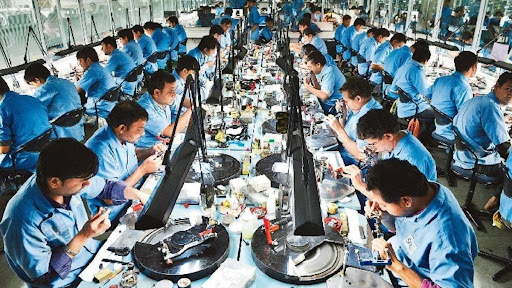

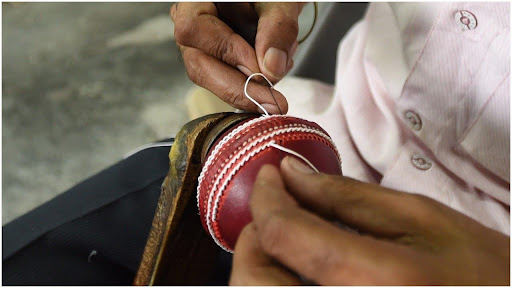

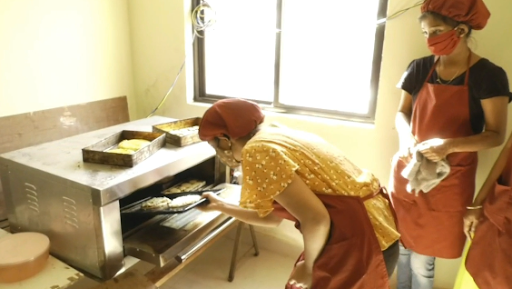
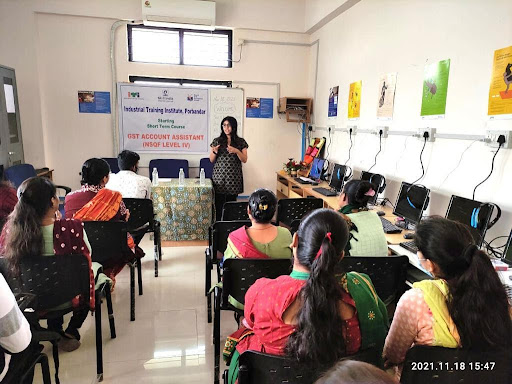
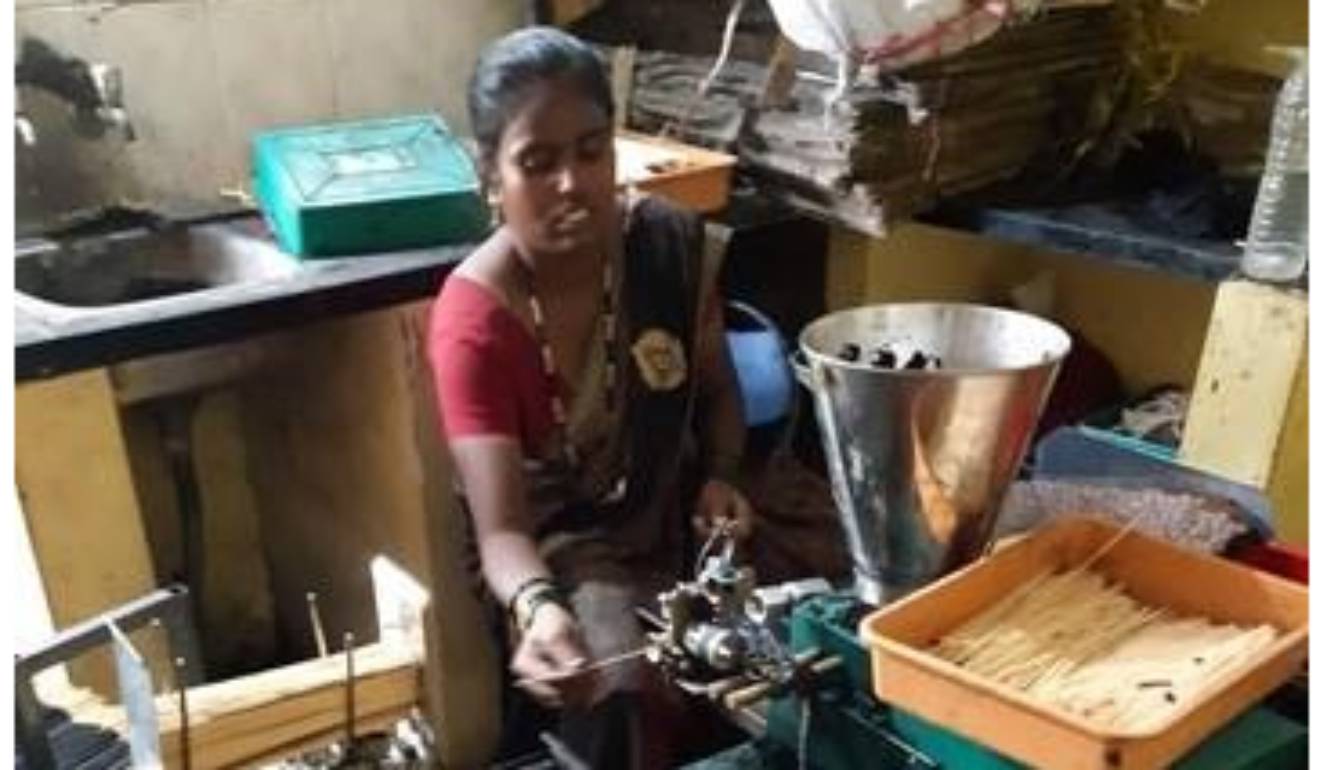



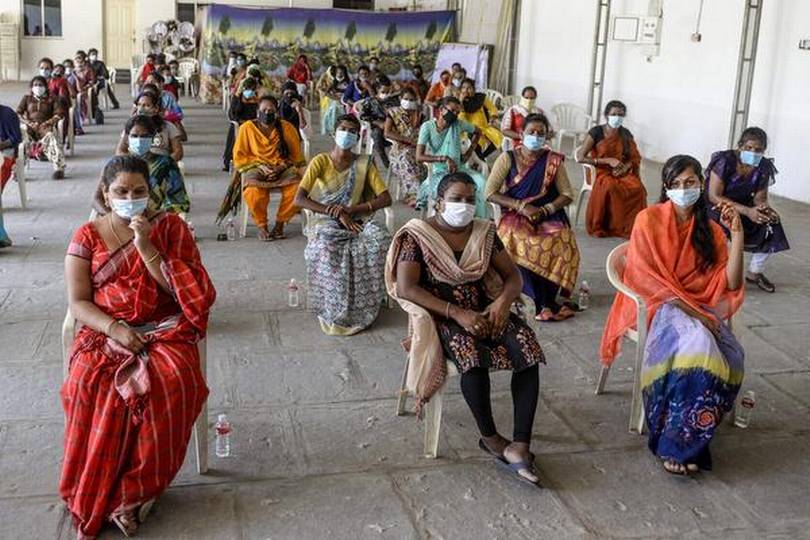
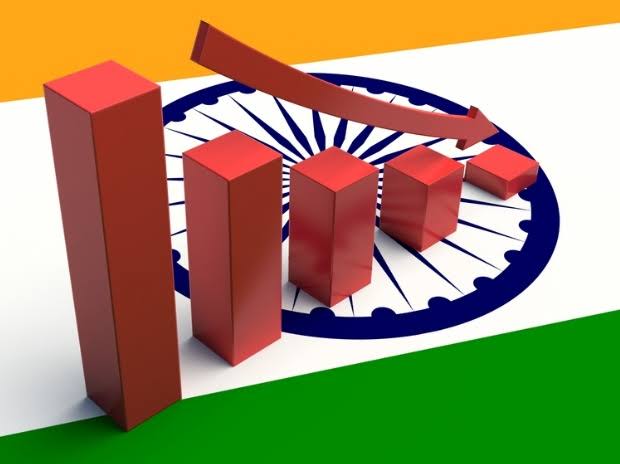







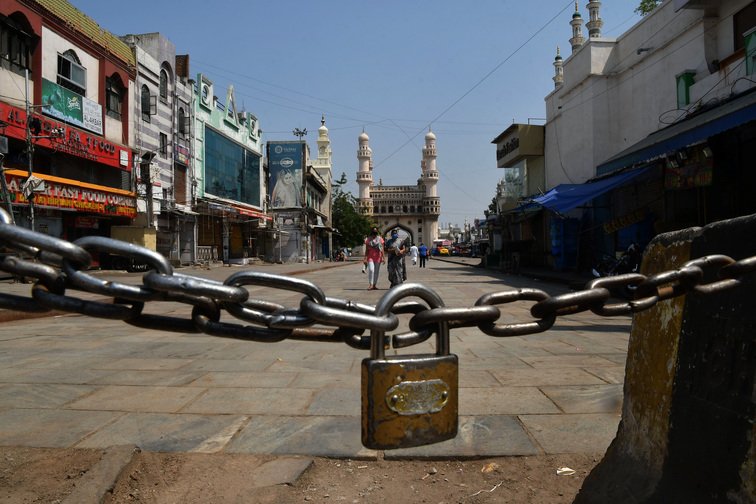




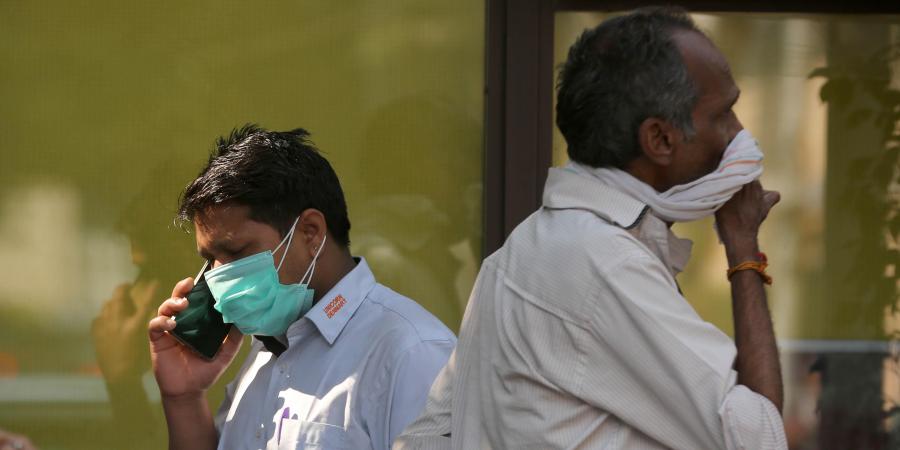
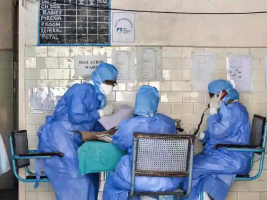
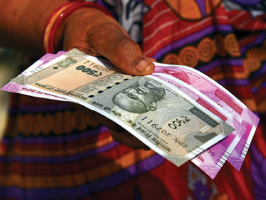

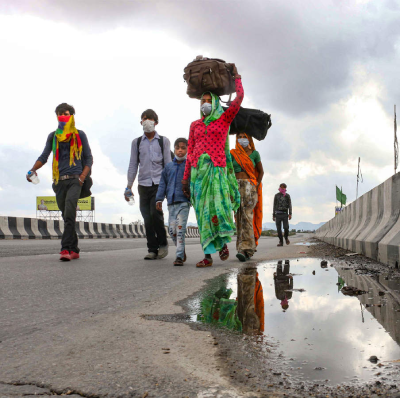
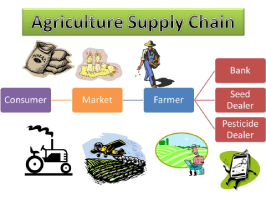
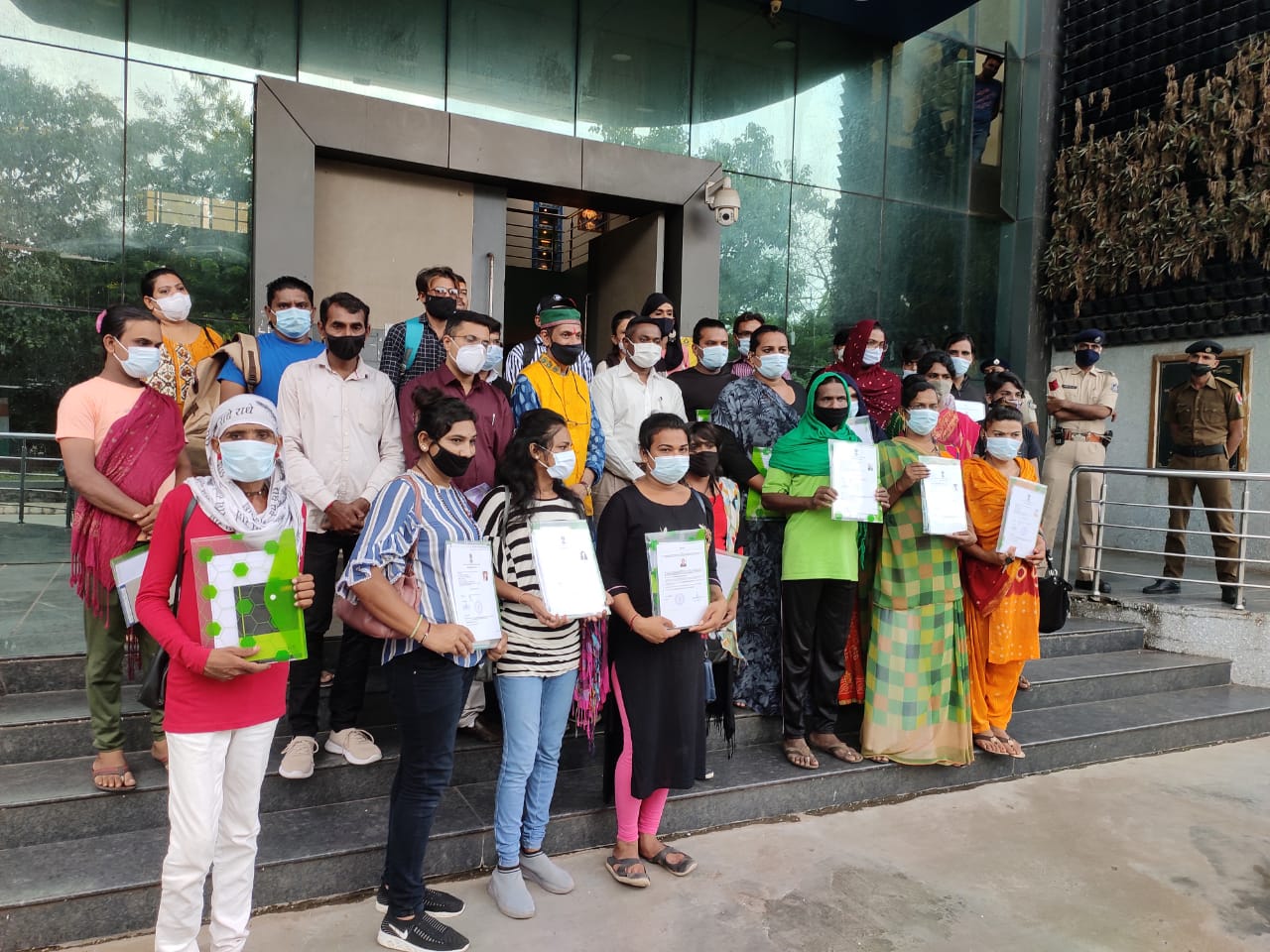
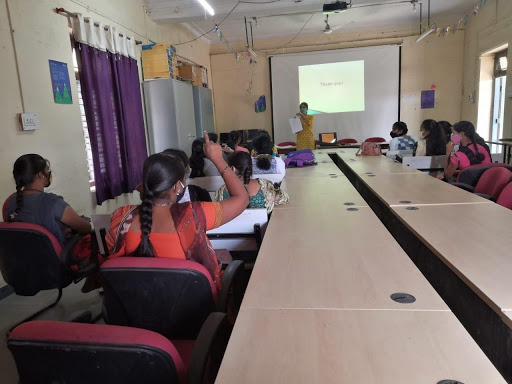


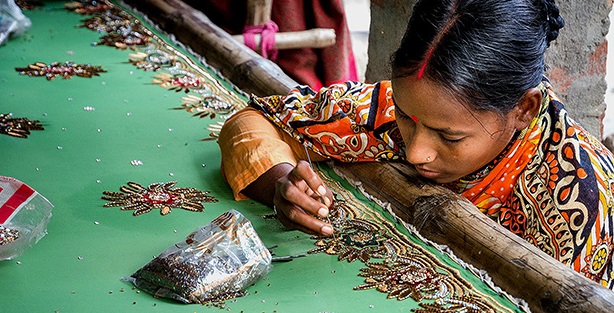
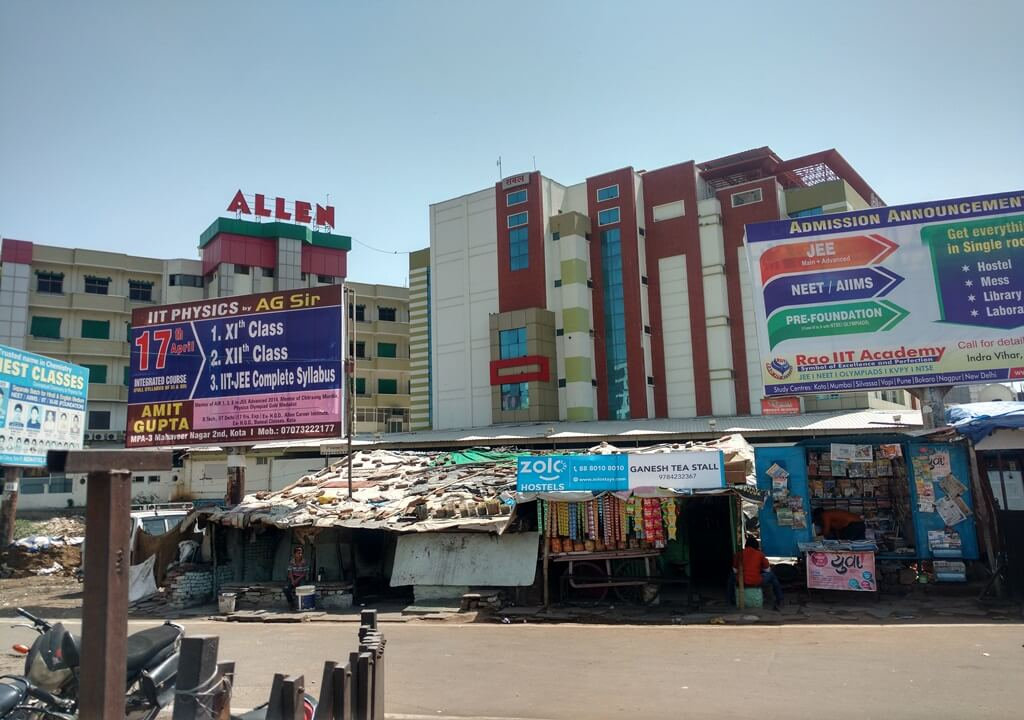
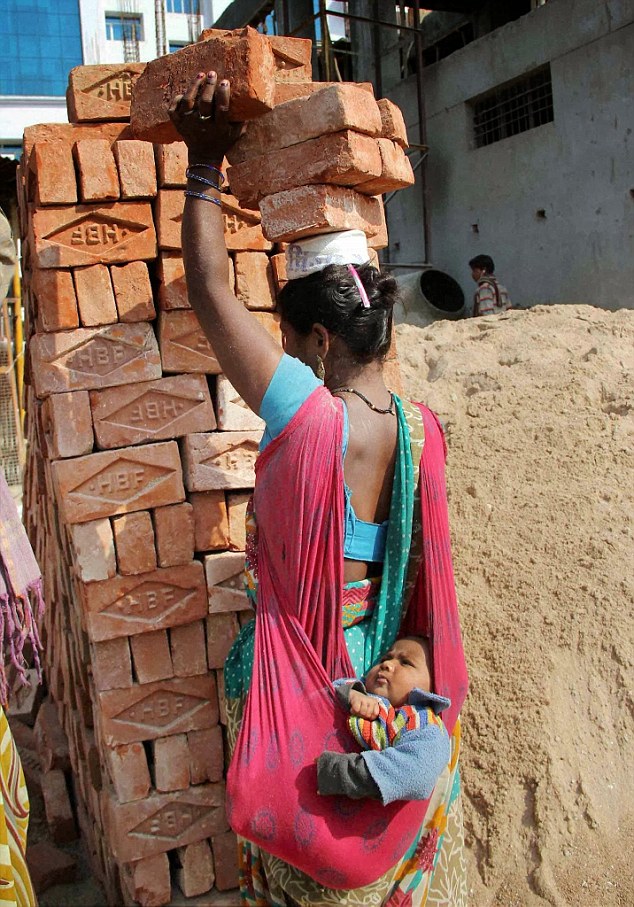

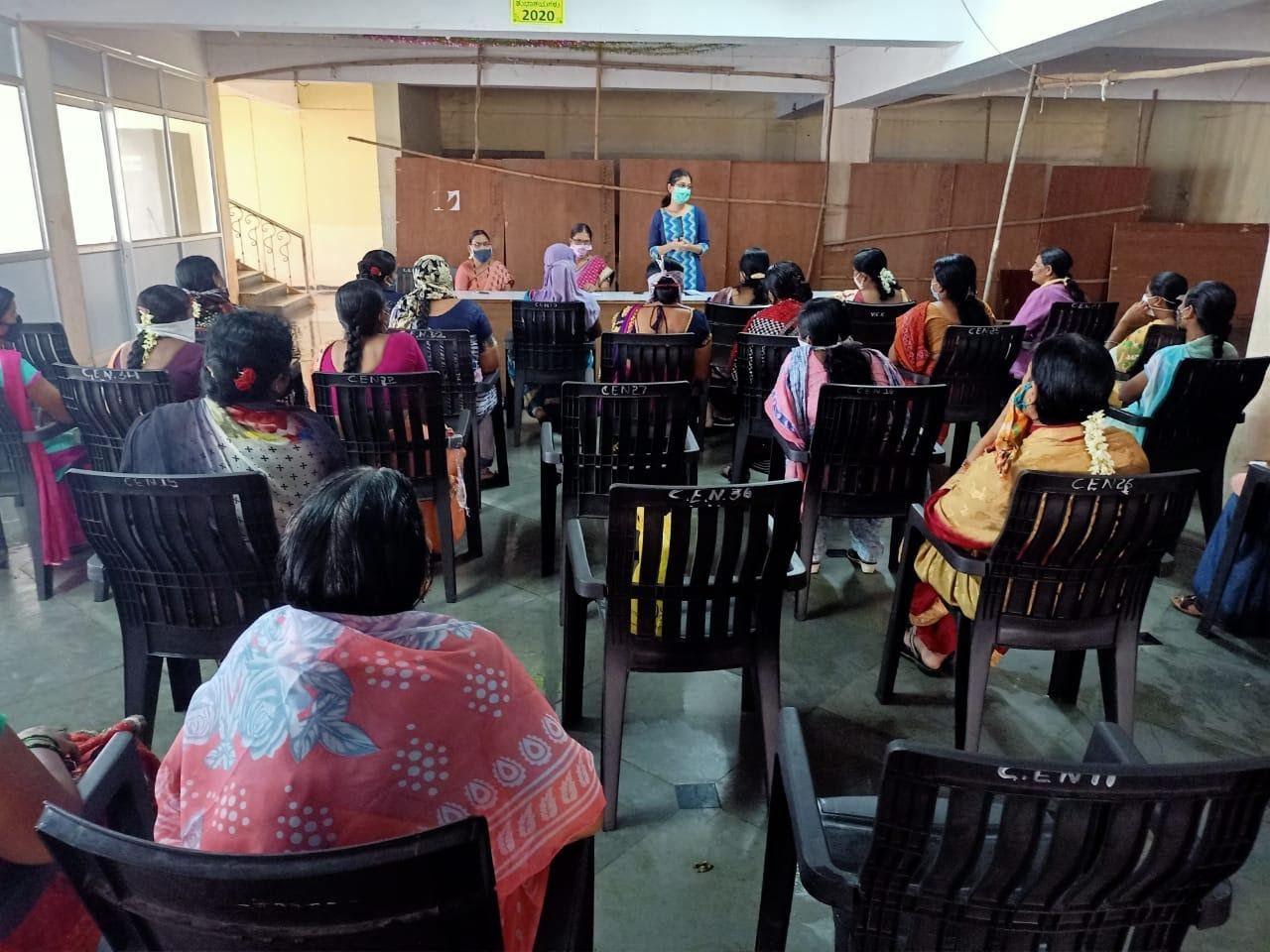
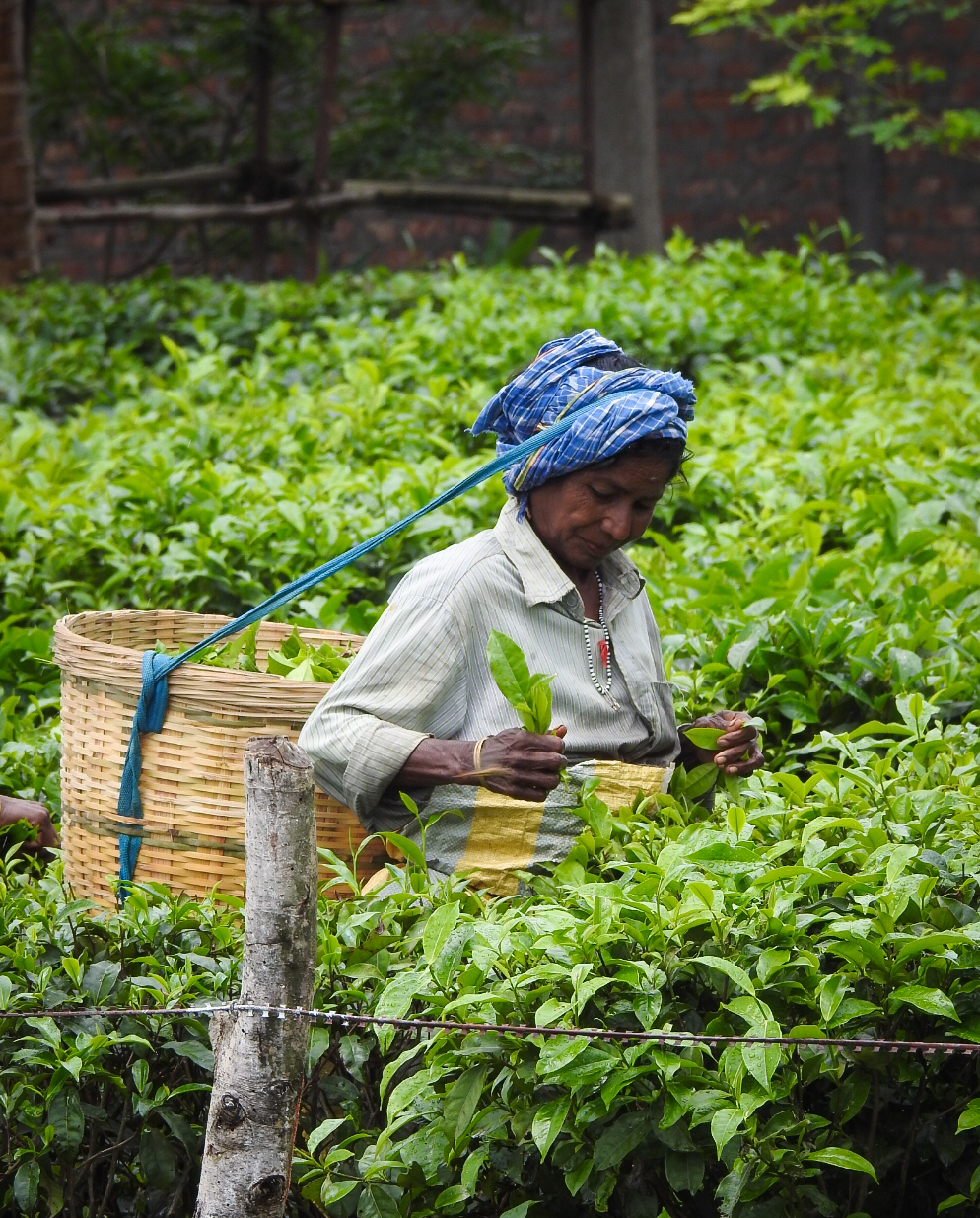



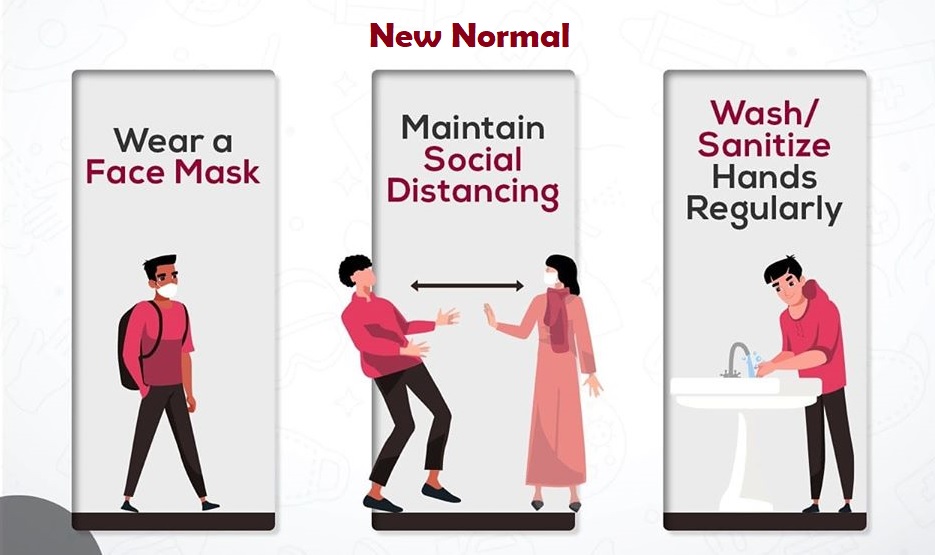


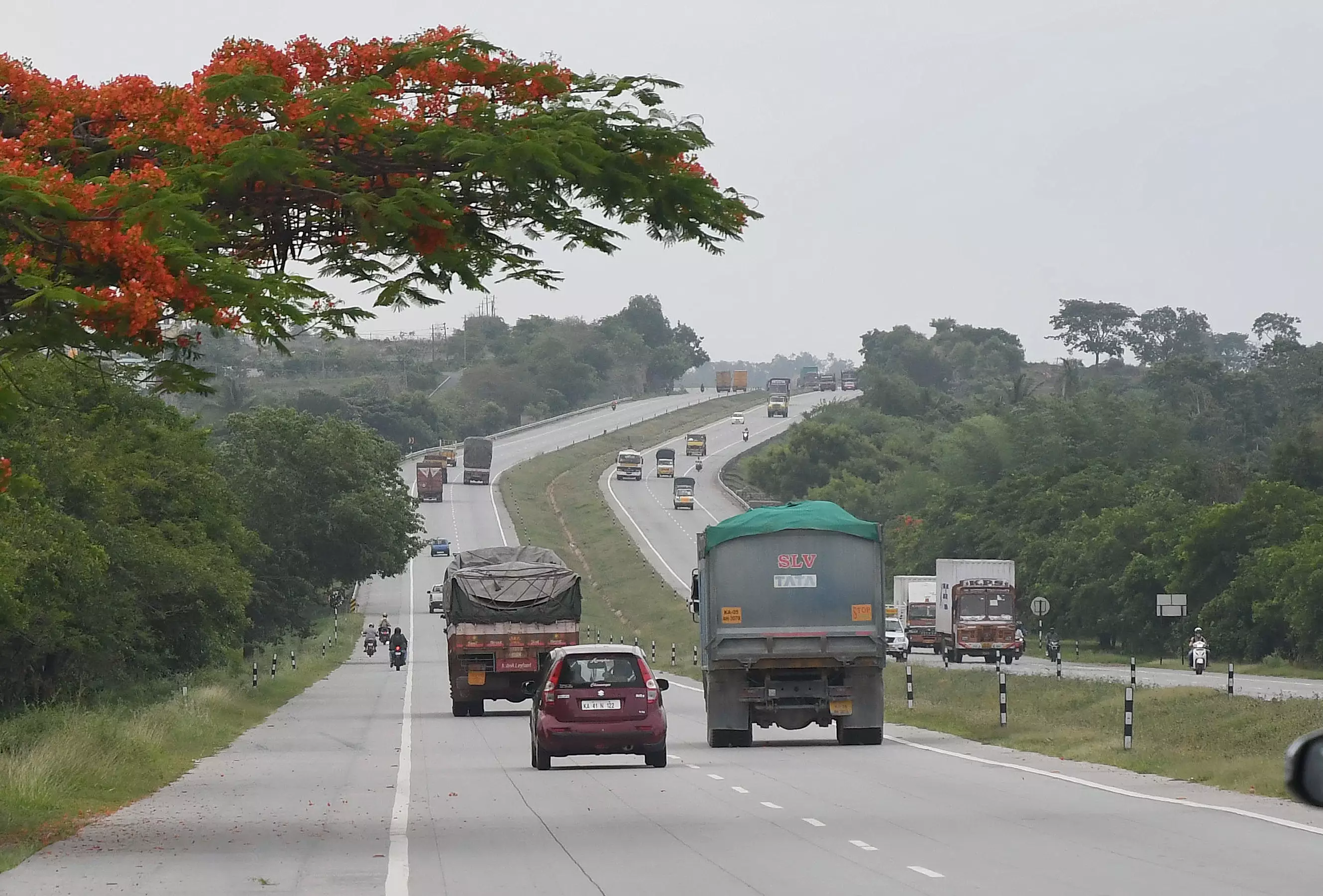
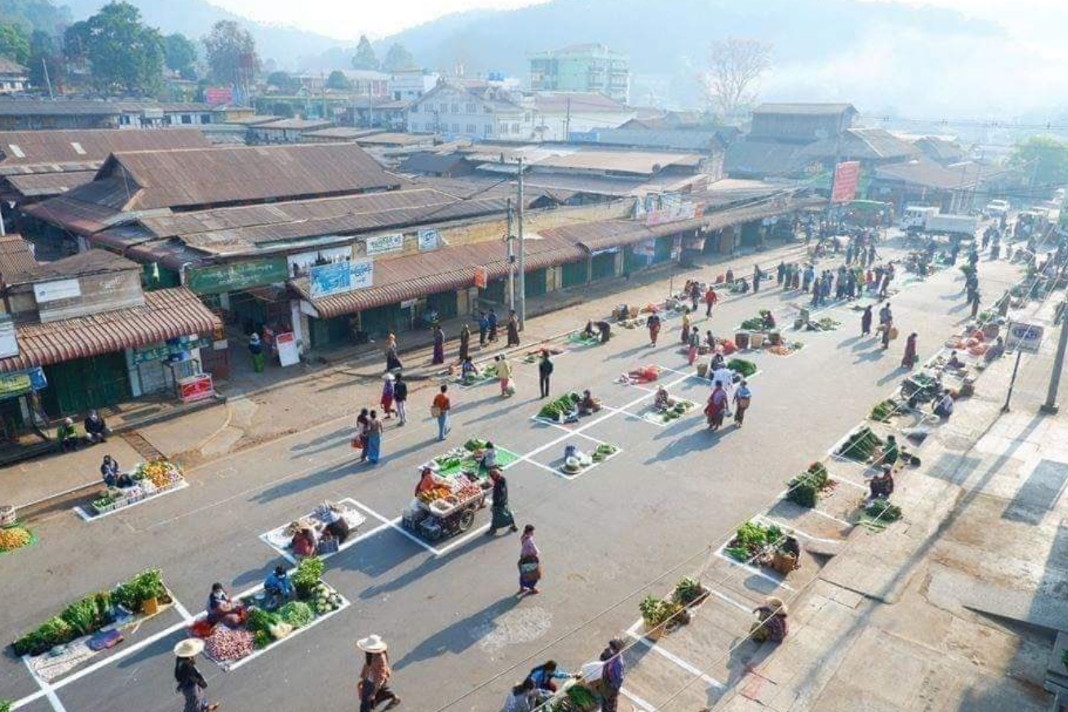
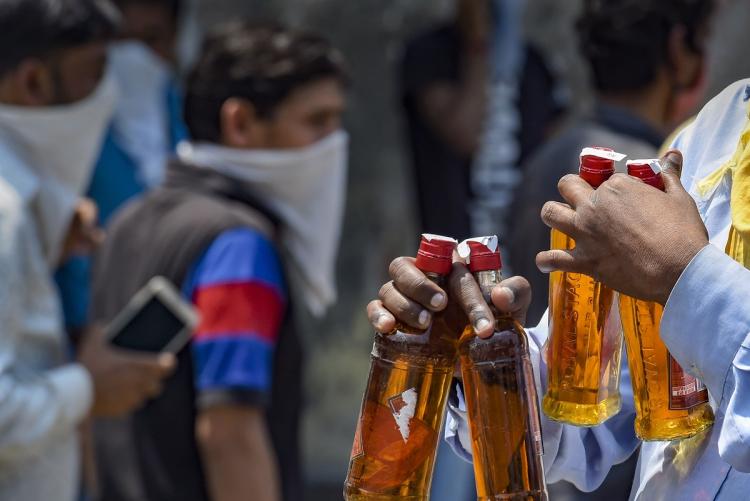
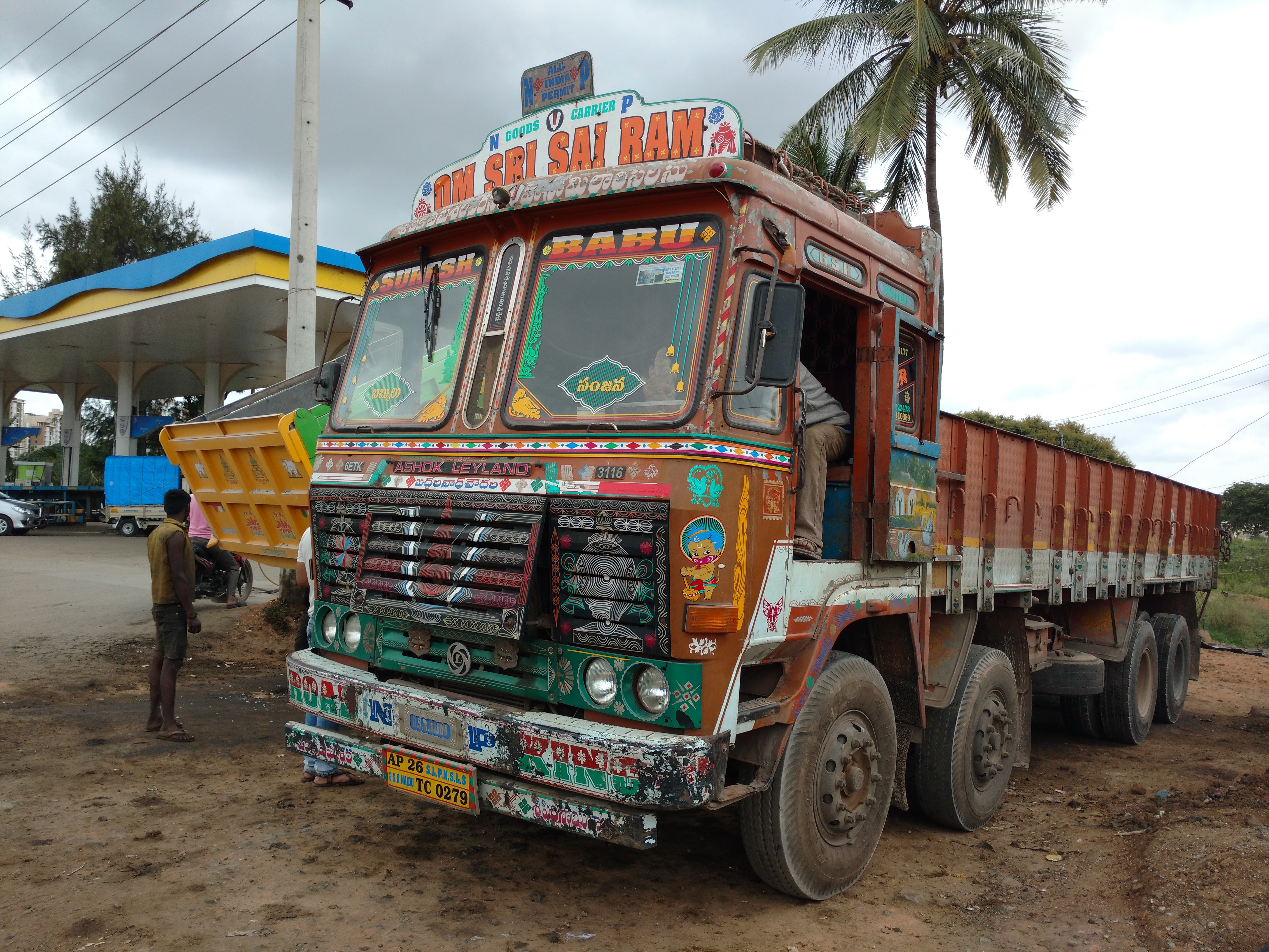

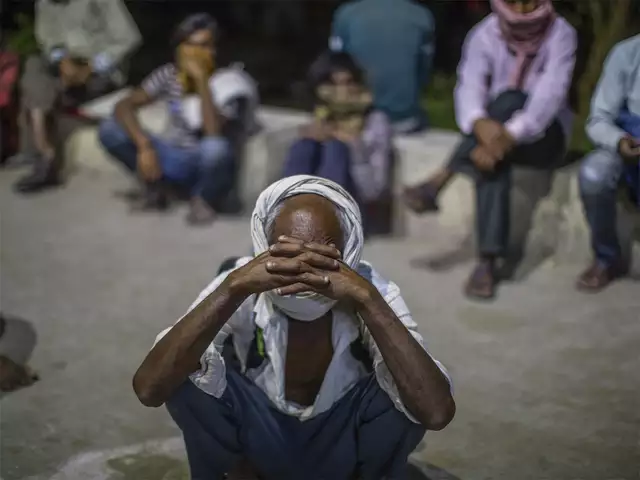

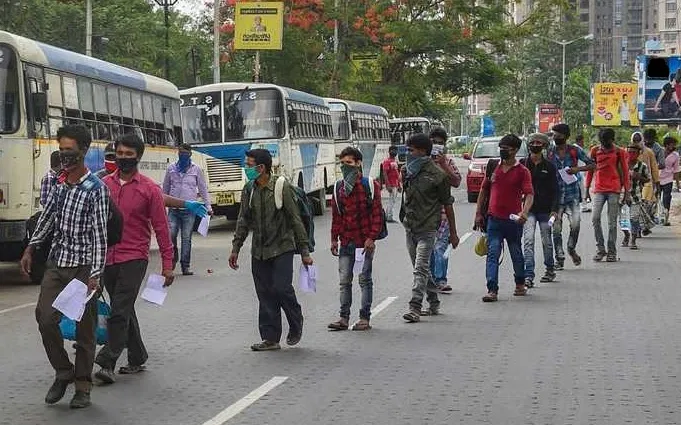



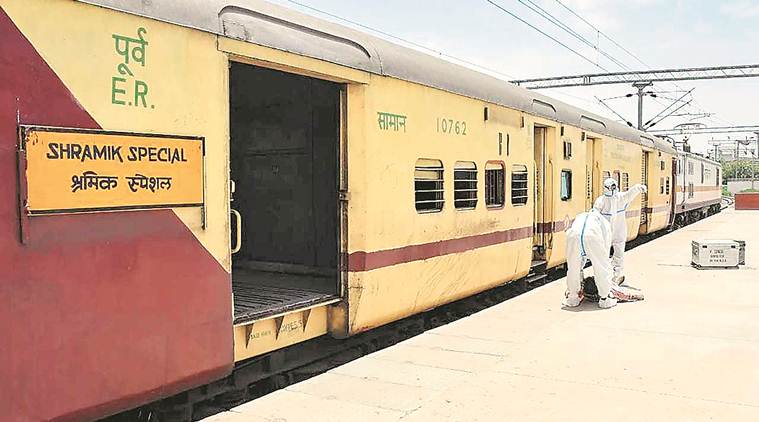



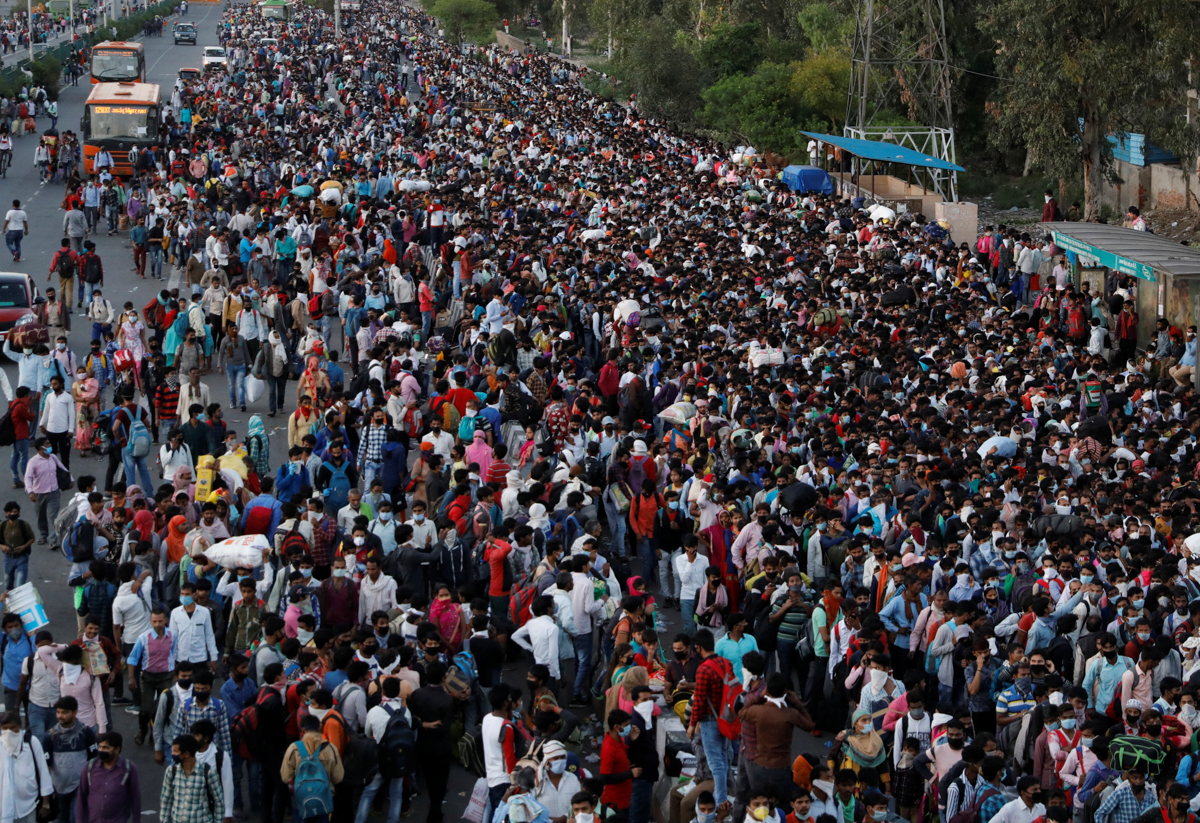
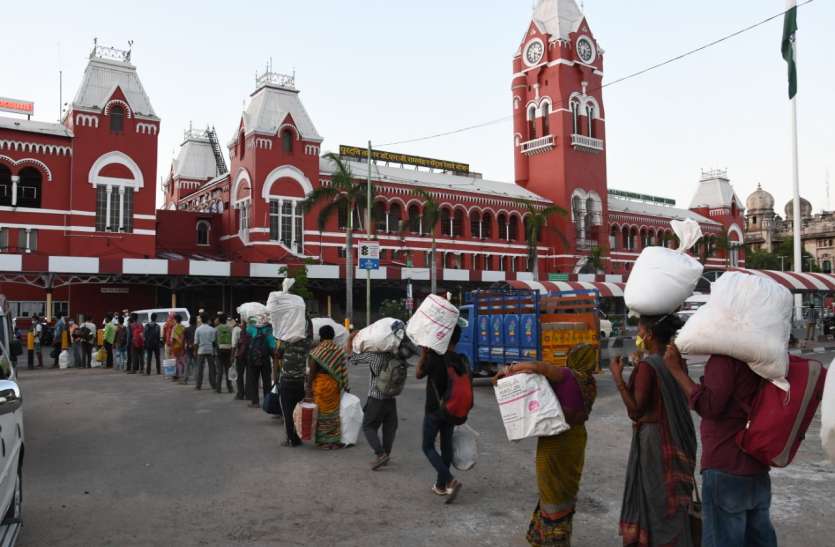
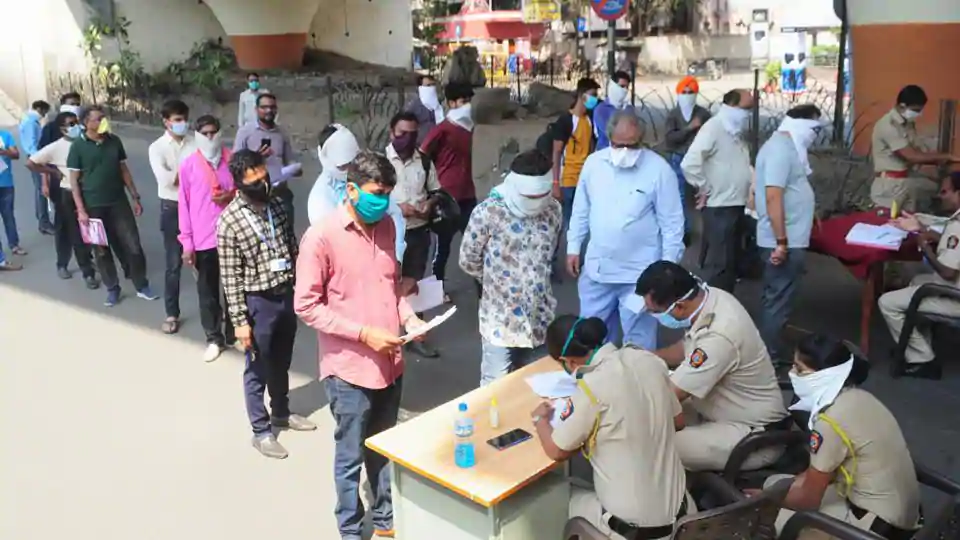
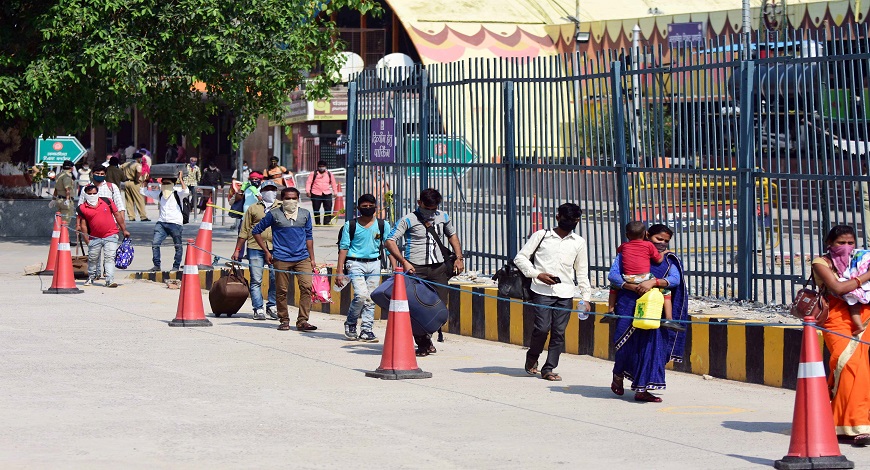
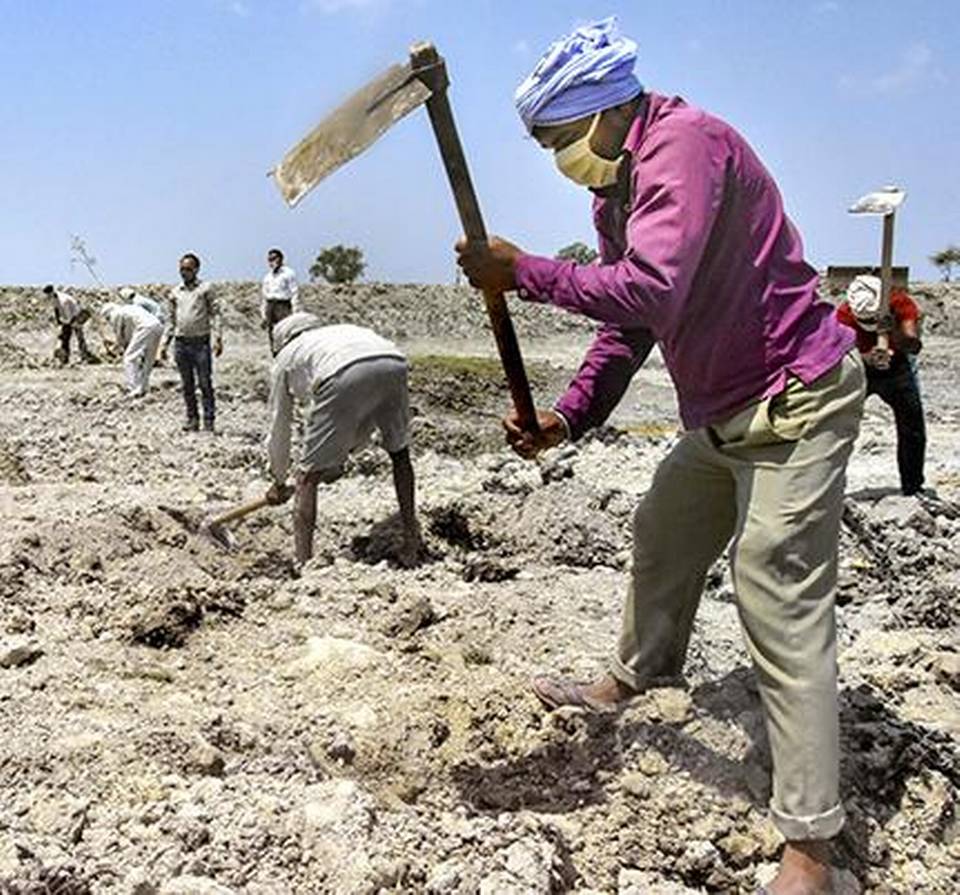
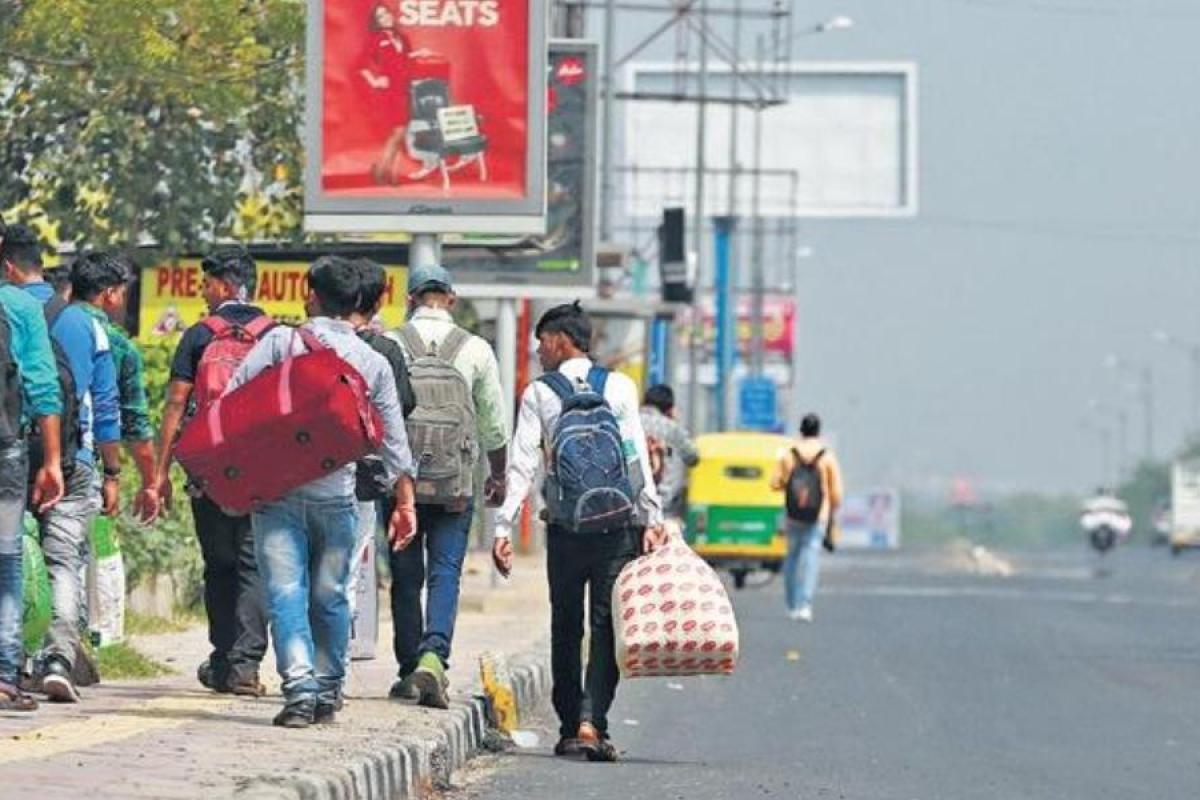
Chandana Yadav K